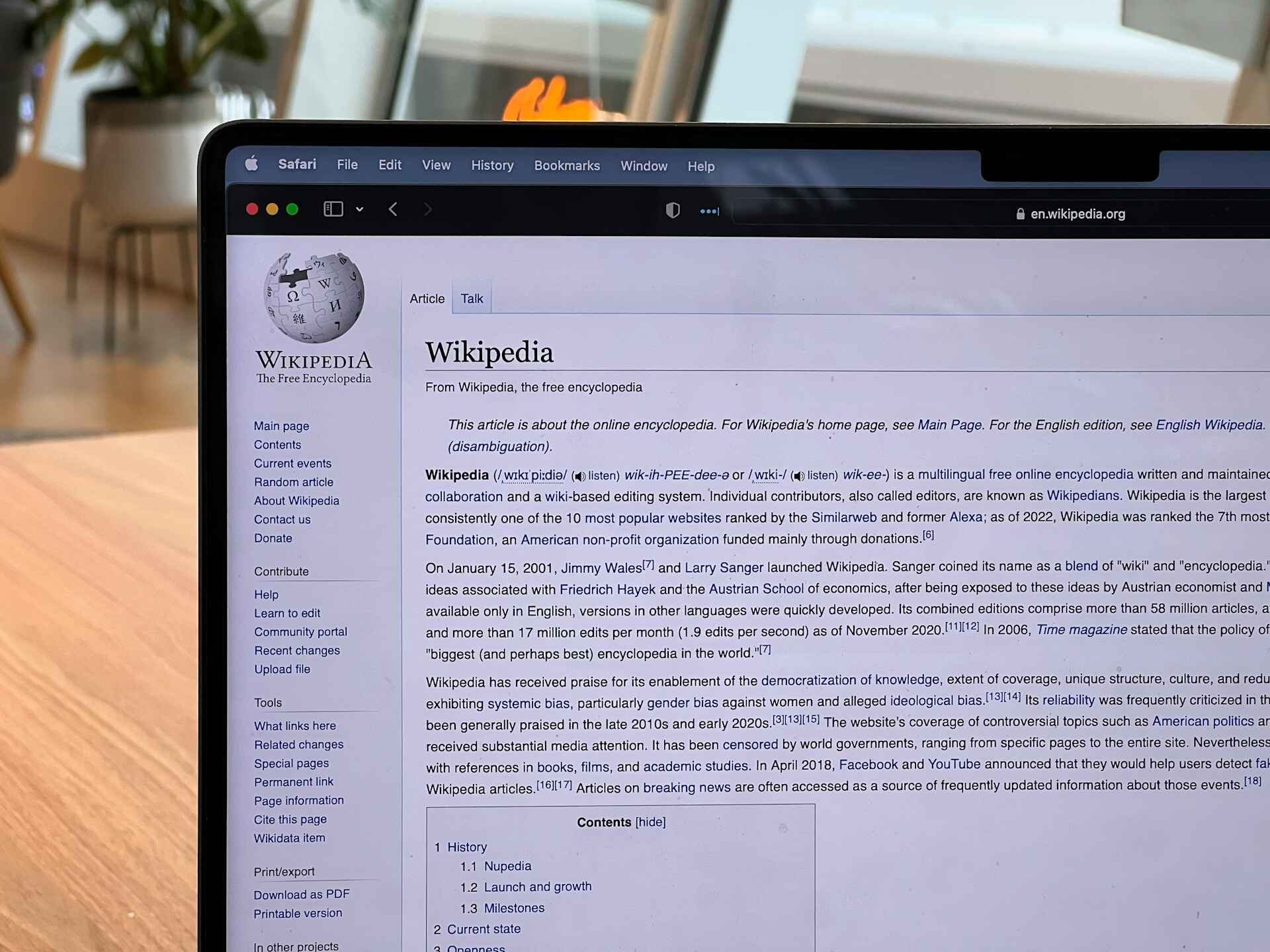Why Wikipedia Pages Disappear and How to Prevent It
For businesses and public figures, having a Wikipedia page can be a powerful asset. It adds legitimacy, boosts search visibility, and can even contribute to Google Knowledge Panels. But while earning a Wikipedia page is no small achievement, keeping it live and intact can be just as challenging.
Many are surprised to learn that Wikipedia pages are not permanent. Pages can be flagged, deleted, or redirected by editors for several reasons. Understanding why this happens—and how to avoid it—can save you from losing valuable digital visibility.
Common Reasons Wikipedia Pages Get Removed
1. Not Meeting Notability Guidelines
One of the main reasons pages are deleted is a lack of notability. Wikipedia has strict guidelines about what qualifies a topic for inclusion. If the subject doesn't have significant coverage in multiple independent and reliable sources, it may not qualify.
Even if a page gets approved initially, other editors may later question its notability, especially if the coverage is minimal or overly promotional.
2. Promotional Tone or Conflicts of Interest
Wikipedia values neutrality above all else. Pages written like advertisements or with biased language are quickly flagged by editors. If a page appears to be written by someone closely connected to the subject (such as a business owner), it may face scrutiny.
This also applies to undeclared conflicts of interest. If an editor creates or heavily edits a page without disclosing their relationship to the subject, that can be grounds for deletion.
3. Poor or Unverifiable Sources
Every claim on a Wikipedia page needs to be backed by reliable sources. If citations are missing, come from low-quality websites, or are not independent of the subject, the page may be marked for removal. Wikipedia editors often check to ensure that references meet their standards for verifiability and independence.
4. Vandalism and Edit Wars
Sometimes, pages are subject to repeated vandalism or conflicting edits from different users. If this happens regularly, moderators may lock the page, revert it, or remove it altogether until the issues are resolved.
5. Lack of Maintenance or Updates
Even accurate pages can be removed if they’re outdated or poorly formatted. Wikipedia favors active, updated pages with clean, consistent formatting. Pages that remain untouched for years may be reevaluated and removed if they no longer meet standards.
How to Prevent a Page from Disappearing
Keeping a Wikipedia page live requires a balance of accurate content, ongoing updates, and adherence to Wikipedia's editorial guidelines. Here are a few steps to help ensure your page stays:
1. Use Reliable, Third-Party Sources
Build your page using references from reputable news publications, books, academic journals, and respected industry sources. Avoid press releases, personal blogs, or company websites. Make sure sources are independent and cover the topic in depth—not just a passing mention.
2. Maintain a Neutral Tone
Focus on presenting facts, not opinions. Avoid promotional language, excessive praise, or subjective claims. Wikipedia isn't a place for marketing; it’s a platform for verifiable information written in an objective tone.
3. Disclose Conflicts of Interest
If you’re closely connected to the subject, disclose that connection on your user page. Better yet, work with a third party who understands how to contribute transparently and within Wikipedia’s guidelines.
4. Monitor and Update Regularly
Keep an eye on your page and make periodic updates when new information or coverage becomes available. This helps show that the subject remains relevant and supported by ongoing coverage.
5. Work with an Experienced Contributor
Wikipedia can be tricky to navigate, especially when it comes to editing rules and community standards. Working with our top Wikipedia writer in the US can help ensure your page meets all guidelines from the start, reducing the chances of deletion down the road.
A Wikipedia page can be a lasting digital asset—if it’s done right. Pages disappear not because Wikipedia is unreliable but because the platform demands consistency, transparency, and quality. Knowing how to build and maintain your presence on Wikipedia is a crucial part of any online reputation strategy.
At Lumino Digital, we help brands navigate this space thoughtfully, creating long-term visibility built on trust, accuracy, and relevance.

